Across the UK, an average of 14 high street stores closed a day during 2018.
Many units will get a new lease of life but others are left in purgatory, stuck waiting for tenants who show no signs of coming back.
A pilot scheme called Open Doors launches later this year that will offer community groups spaces in empty retail units, free of charge, to test business ideas, make products and bring positive social change to their local high street.
The confirmed locations that will be part of the scheme are Stoke-on-Trent, Bradford, Rochford, Kettering and Slough, cities and towns that once thrived but have bared the brunt of retail’s collapse.
It will be delivered by the Meanwhile Foundation, a volunteer-led charity set up in 2012 to harness expertise around this particular type of regeneration.
They’ll work alongside their social enterprise arm, Meanwhile Space CIC, and the Ministry of Housing, Local Government and Communities to tackle social problems linked to declining high streets such as crime, unemployment and loneliness.
‘There are no benefits to empty properties,’ says Jessica Tsang of the Meanwhile Foundation, who recently spoke to New Start on the phone about the project.
Retail incubation
A former pub in Rochford that will be an Open Doors spacePerhaps a common misconception of retail landlords is they are part of the problem. Stubbornly holding out for extortionate and unrealistic rents, happy to see their properties lay dormant for extended periods.
However, Tsang says many landlords understand the mutual benefits of putting community groups or fledgeling businesses in the space whilst they wait for permanent tenants.
They realise it pays to see their premises buzzing, knowing some of the groups may even end up staying long-term, which is one of the outputs that the project hopes to achieve.—creating a pathway for small independent businesses to grow.
‘Retail incubation is a good reason for meanwhile use,’ says Tsang.
‘Lots of people talk about the decline of the high street, but how do you expect people to make the jump from online or a market to proper bricks and mortar?
‘There’s no ladder, so often we will go into a large empty space with the right location we’ll try some in-between space.’
‘Some organisations just want to have visibility on the high street, or they have seen a project work elsewhere and want to give it a go themselves. Meanwhile use gives them some agency.’
Pilot projects will run for a year and Tsang says they are open to just about any idea providing it positively impacts the local area.
Some might stay for 6 weeks, others for 6 months. There is no set formula — a refreshing change from a high street that has too often felt devoid of any ideas or creativity.
‘It’s about maximising the benefit for that year,’ she adds.
The foundation will also work with Studio ND, a young design company who will give each project a distinct branding.
‘It’s always bespoke. It should be unique to the area rather than a look that’s just rolled out.
‘It’s about creating something that doesn’t look like a local authority community space – something that’s fun.’
Proving themselves
Meanwhile Space CIC has already worked with 16 different councils in London and the South East and say they’ve helped with over £1m in rates savings for landlords, putting projects in place in over 50 buildings.
One of their most successful schemes has been Central Parade in Walthamstow. Today Bread, a bakery, is there full-time, bringing in footfall to support the three other units that are available on a 6-month rolling basis. It’s created a vibrant ecosystem of ideas and enterprise.
‘Some have gone on from that tiny space to a high street commercial unit,’ says Tsang.
‘They’ve been able to prove to themselves that they can get customers without taking on the long lease that usually comes with a high street space.’
However, meanwhile use projects have not been without criticism. Some believe having a hive of young creatives moving into a premises could drive up local rents and house prices, becoming a ‘trojan horse’ for gentrification.
But Tsang believes that there is so much churn of commercial space that it is a no brainer to put the spaces to use whilst they are empty.
‘It’s not the cause (of gentrification),’ she says.
‘It makes productive use of gaps in the commercial property cycle. If you think you’ll wait for the commercial property cycle and not filling those gaps, we don’t. That commercial property cycle happens anyway. In those gaps – why not do something good in it?’
‘Whatever the forces are behind gentrification they are there despite meanwhile use. They are already there.’
A taste of things to come
Could every high street in the UK have their own permanent ‘meanwhile’ building? Tsang believes so, and Meanwhile Space recently bought a building in Hastings which now is a base for the social enterprise to support local community businesses.
Meanwhile use won’t solve all of the problems of the high street but the Open Doors project should create room for tired town centres to be reimagined, free of the pressures and constraints that have traditionally been placed on them.
All photos courtesy of the Meanwhile Foundation.











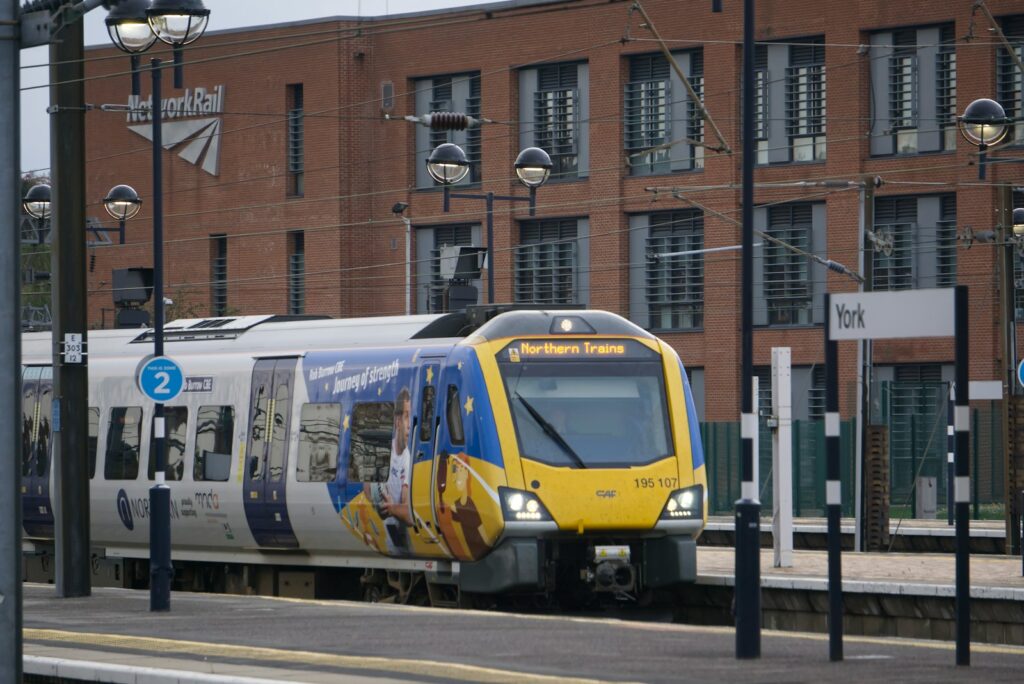
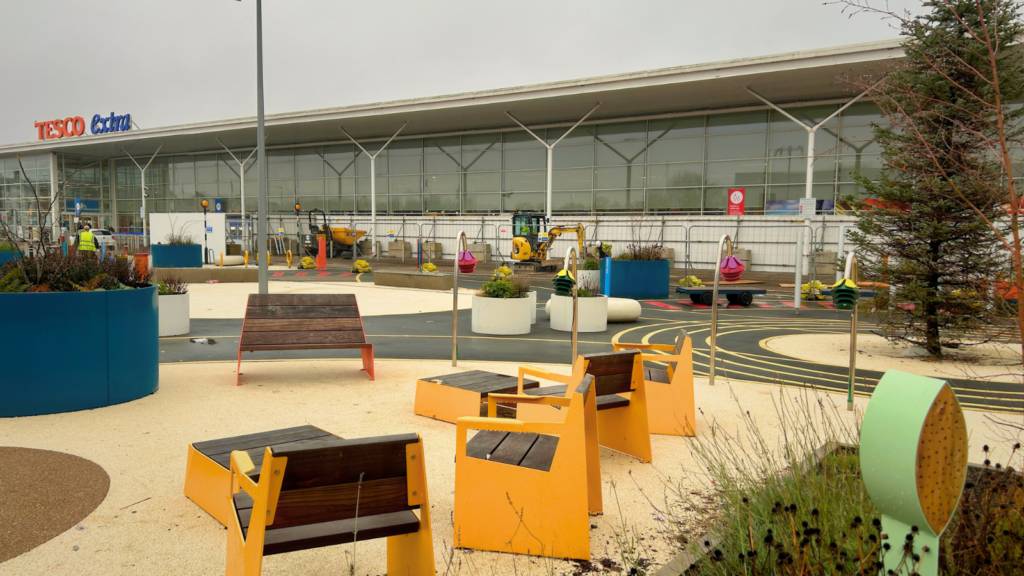

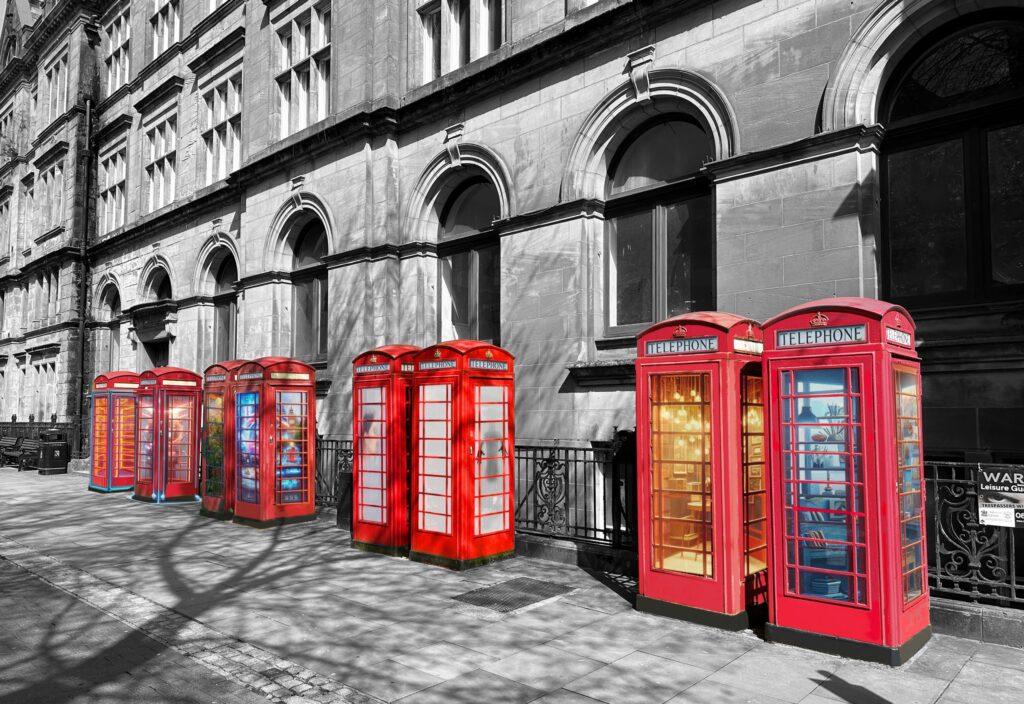
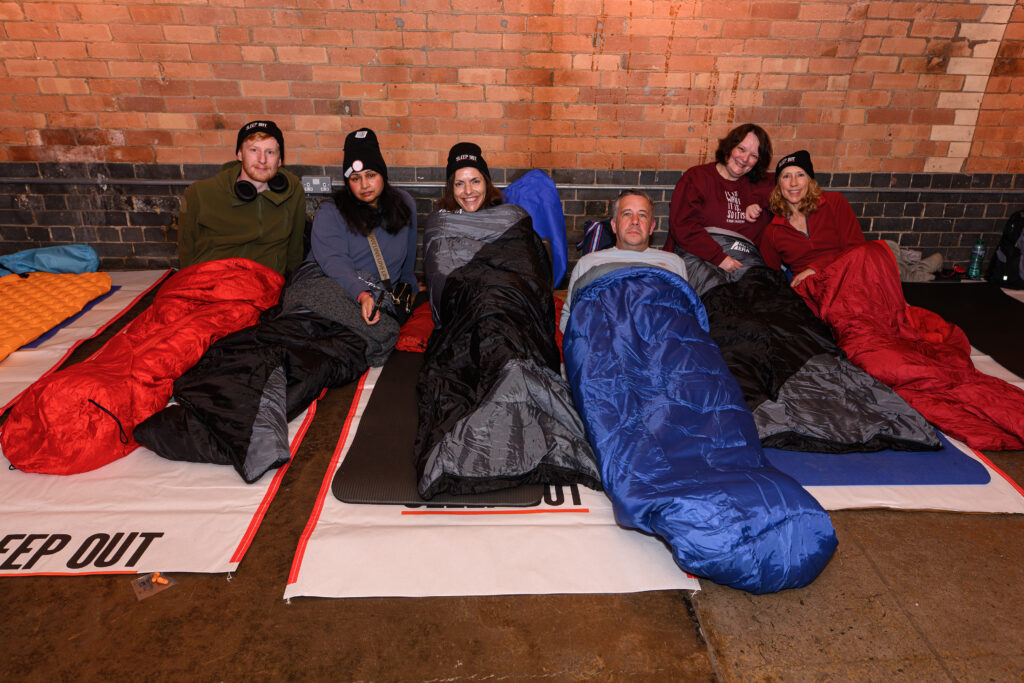
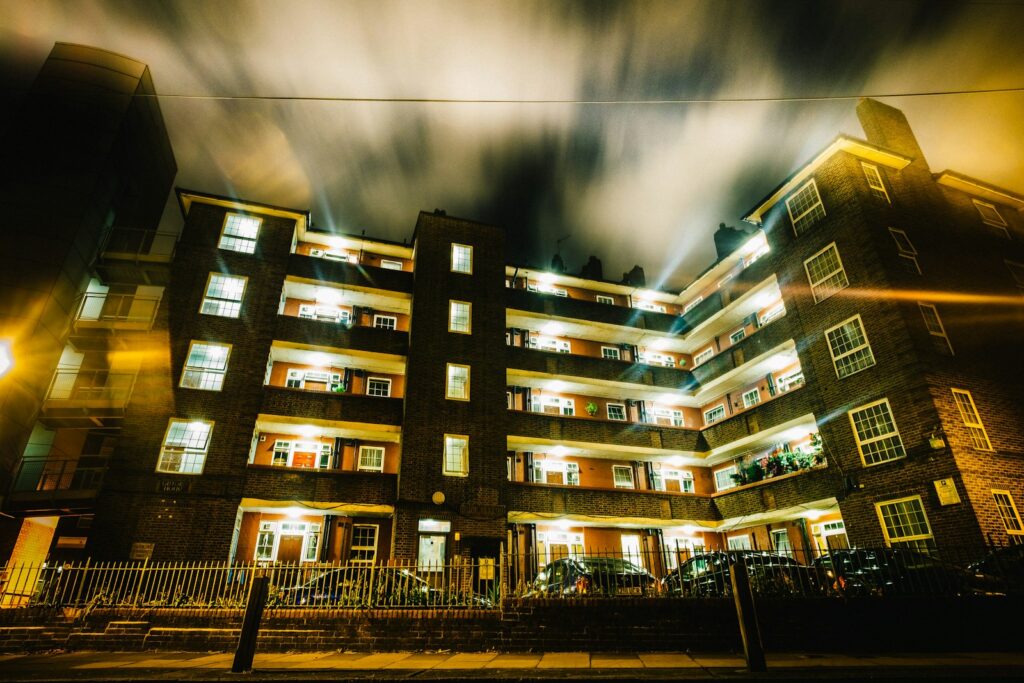
Leave a Reply